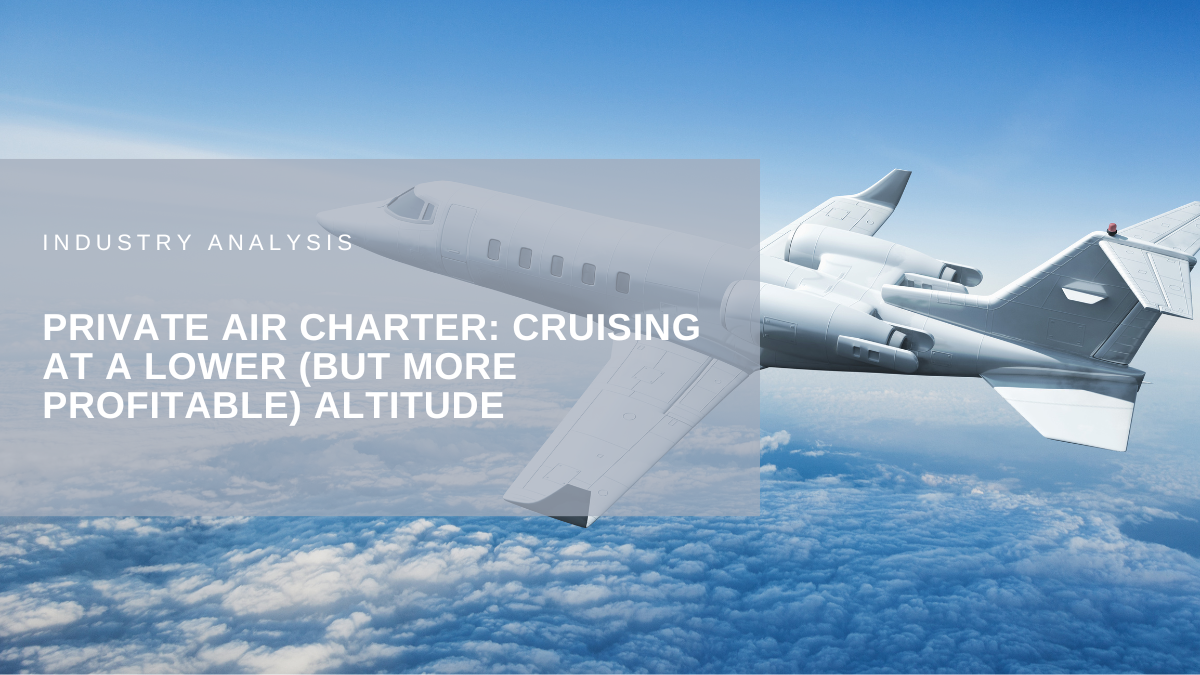Industry Analysis
Private air charter: Cruising at a lower (but more profitable) altitude

How to navigate a tsunami of regulatory change, moving towards a better position on sustainability, and ensuring the industry has the right resources and skillsets to ride the wave of opportunity that came post the COVID-19 crisis were among the key themes of this year’s Air Charter Expo at Biggin Hill.
Keep calm and carry on
Demand for private aircraft charter flights has calmed slightly since the post-Covid frenzy of 2022 (which was fuelled by the desire for revenge travel) according to a number of industry experts taking to the stage at the one-day event. However, this has not necessarily been all bad news, as a little more breathing room has allowed for a reduction in the pressure of supply of aircraft, making it easier to provide a profitable service while retaining high quality.
“There is not so much business around as before, so relationships with operators are very important.” – Claudia Watt of aircraft charter services business Air Partner
The race for talent
As across many other industries, recruitment remains a challenge as the scrabble for talent continues in the air charter sector. In a competitive market, employers have to be flexible in terms of what they offer current and prospective employees, especially in an industry that often involves 24 hour a day jobs. Attracting staff from beyond the industry is one way to help alleviate the problem, and more effort is needed to retain existing staff.
“The industry needs new faces. As long as you have the right energy, I don’t care where you came from.” – Yannick Monreal, from aircraft ownership management company Jet Aviation
Towards a sustainable future
A thought-provoking session on sustainability highlighted how air charter is coming under ever-increasing scrutiny and how each individual organisation needs to play its part if the industry is to achieve its goals. Maureen Gautier of the European Business Aviation Association (EBAA) outlined four pathways to achieve the ambition of reaching net zero by 2050 – the use of sustainable aviation fuel, carbon offsetting, innovation and the use of new technologies such as eVTOLs, and finally operational efficiencies.
“We just have to get started. We can’t wait for regulation. But you can’t manage what you don’t measure, so we have to measure first.” – Carbon strategist Nancy Bsales of 4AIR
What is SAF?
Laura Bowden of Air bp explained that SAF is fuel that has some element of sustainable feed stocks. It can be produced in different ways, for example from plant products, but the vast majority comes from waste oils and fats. The blend can be anything from 1% up to 50% sustainable feed stock. Testing is currently underway to elevate blends to 100%.
About Air Charter Expo
The Air Charter Association represents members turning over 4.2 billion euros and servicing 125,000 flights every year. The Air Charter Expo is attended by air charter professionals, aircraft owners, operators and suppliers, passengers and potential passengers.